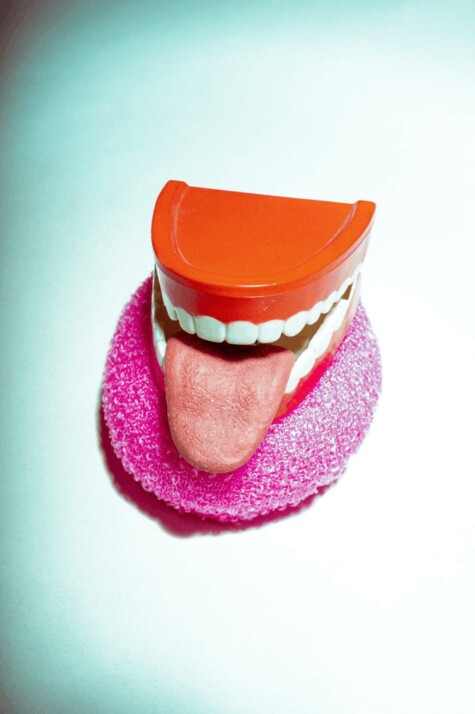Most often, conscientious writers find themselves unsure of how to spell words like “tongue.” How do you spell tongue? Is it as tongue or tounge? This is where this short article comes in. In this guide, you will find out the origin of the word and the most consistent spelling for it.
Tongue: Definition
The ‘tongue’ is a flexible muscular organ in the oral cavity that moves food around for tasting. The movement of this organ modifies airflow from the lungs to produce different speech sounds.
‘Tongue‘ describes a human spoken or written language peculiar to a community, e.g., native tongue. The term also indicates a manner of speaking, e.g., Mary spoke with a thick tongue.
Origin and Variant
The word ‘tongue‘ originates from the Old English word tunge, from Proto-Germanic ‘tungo’. The ue ending of the word is a fourteenth-century addition in an attempt to show “proper pronunciation” of the word. However, the term ‘tongue‘ is neither phonetic nor etymological.
Until the late sixteenth century, many people spelled the word tongue as tunge and tonge. Tounge might seem like the correct spelling of the actual word, following its etymology and phonetic pronunciation. However, today, tunge, tonge, and tounge are incorrect and considered misspellings of the exact term. They are inappropriate and unacceptable in writing.
How Do You Spell Tongue?
The accurate spelling of the word is T-O-N-G-U-E. Note that the term ends with –ue and not just -e as in tounge. It is a six-lettered, monosyllabic word with three vowels and three consonants. The phonemic pronunciation of the word is |tʌŋ|.
Tongue: Part of Speech
The word ‘tongue’ acts as a noun and verb in different contexts. As a noun, it means a flexible mass of muscular tissue located in the oral cavity and covered with a mucous membrane. The word also describes a spoken language used by a particular community, e.g., a programming language.
Examples
- The tongue has a significant length of 17inch.
- David loves to speak in his native tongue.
- The gardener spoke in a foreign tongue; I didn’t understand what he said.
- Jerry’s sharp tongue is going to land him into big trouble someday.
- Anton babbled so much that he bit his tongue.
- The doctor asked Mary to stick out her tongue while he carried out an examination.
- It was disgusting to see the laundryman stick his tongue and lick his lips.
- The taste of ice cream is stuck on my tongue.
- I was shocked when I saw that Eddy’s tongue was brownish-gray!
- George was able to get his tongue into the narrow gap.
- My siblings are struggling to learn a foreign tongue.
As a verb, it means the art of articulating by tonguing, as when playing wind instruments or licking and exploring with the tongue. The verb form of the word takes the following states: present tense – tongues; present participle – tonguing; and past tense – tongued.
Examples
- Dave wouldn’t stop tonguing the meat.
- George tongued the trumpet so skillfully that he sounded like a professional.

To Wrap Up
How do you spell tongue? In English, the only correct way to spell the word is T-O-N-G-U-E. Not as tounge, tonge or tunge. They might sound right, but they are obsolete and inappropriate in writing. A simple tip to note when spelling the word is that it ends with –ue and not just –e.
Take note of the sentence examples provided in this article to know how the word is spelled and used correctly!
Explore All Spell Check Articles
How to Improve Your Spelling As an Adult
Both native speakers and language learners find English spelling tough to master. Because English is a language that absorbs new…
How to Spell Yesterday — a Quick Spelling Guide
There are times when English can seem confusing. Many of the words in English are freely borrowed from other languages.…
Can’t Spell Review? Read This Right Away!
There are times when English spelling can appear confusing. English borrows many of its words from other languages. This Germanic…
How to Spell None — a Quick Spelling Guide
Sometimes, English spelling can seem perplexing. Many of the words in English originated in other languages. Germanic language English consists…
Having Some Issues? Correct Spelling of Issue!
English may seem confusing at times. Many of the words in English were freely borrowed from other languages. Languages such…
The Correct Way of Spelling Decide!
English spelling can sometimes seem confusing. English borrows many of its words from other languages. English, a Germanic language, consists…
